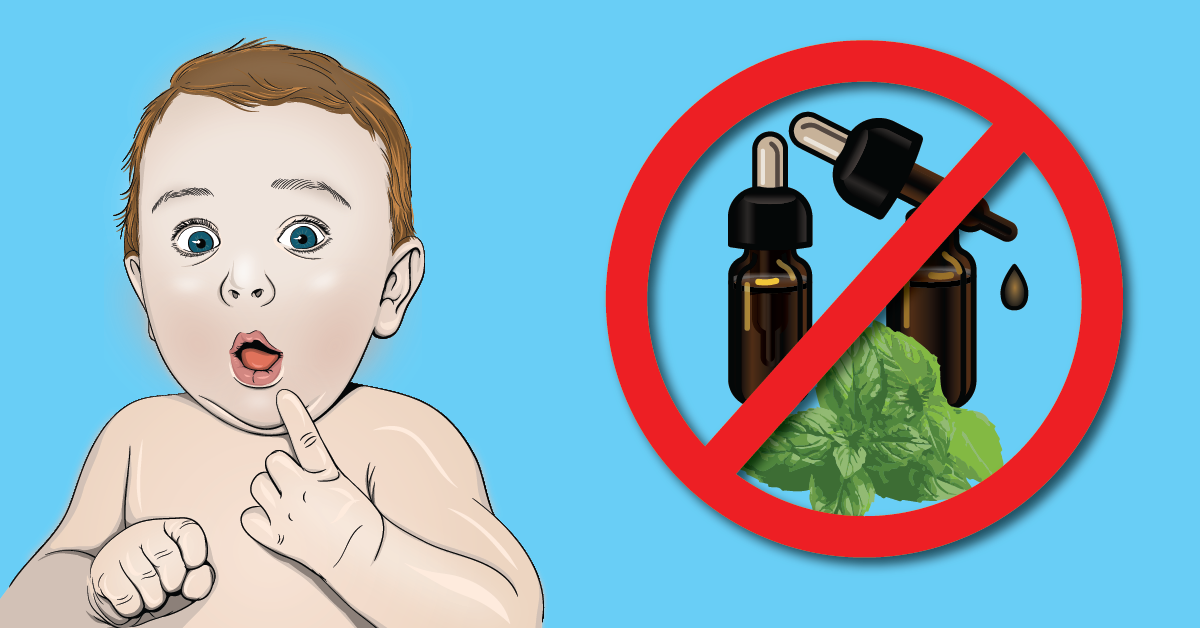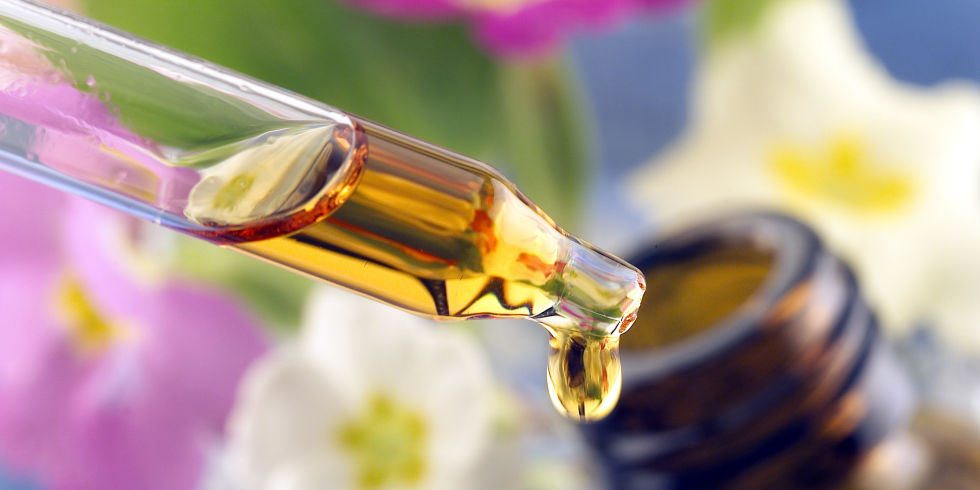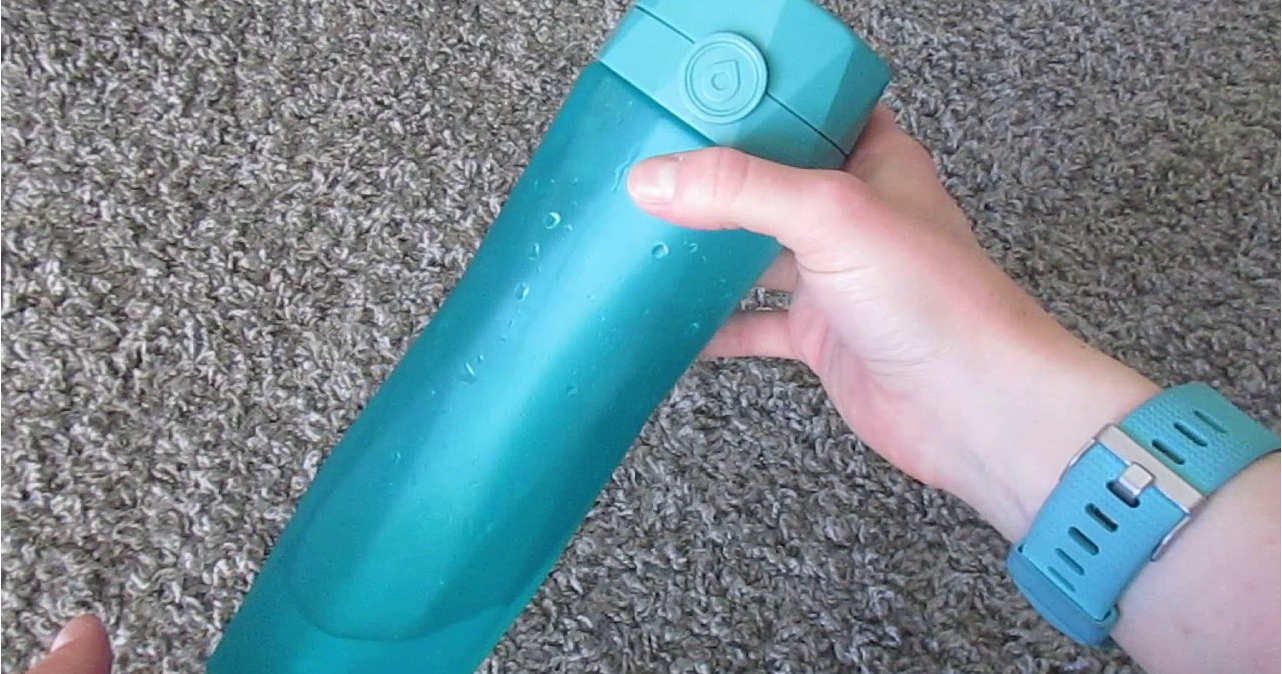Using essential oils has become a more popular choice for a natural solution to the common cold, a stuffed up nose and fixing an upset stomach. Instead of reaching for the medicine cabinet many are setting up their diffuser and adding their favorite scent to help clear the air in their home.
With a wide range of benefits for your health, beauty, household cleaning and more, there's a reason why people are picking out scents to enhance their every day life.
Whether it's lavender to help induce sleep and frankincense to boost your immunity, essential oils can help you feel better without having to invest in vitamins and supplements.
Some people will defuse the oils in a humidifier while others dilute them and apply them directly onto the skin.
"I am a fan of using eucalyptus oil in my humidifier when my kids are sick as a way to decongest their clogged noses," says pediatrician and mom Dina Kulik. She dilutes two or three drops of the oil into a large humidifier to help her kids recover during cold and flu season.
But did you know that not all essential oils are safe?
Kulik still recommends that everyone get the okay from their doctor first, though.
Just because they're natural doesn't mean they don't come with risks.
Essential oils are highly concentrated, so just a tiny amount of an essential oil has the quantity of several cups of herbal tea from the same plant. Just a drop of peppermint oil is equal to roughly 26 cups of peppermint herbal tea. That's why it's important to think carefully when using these oils.
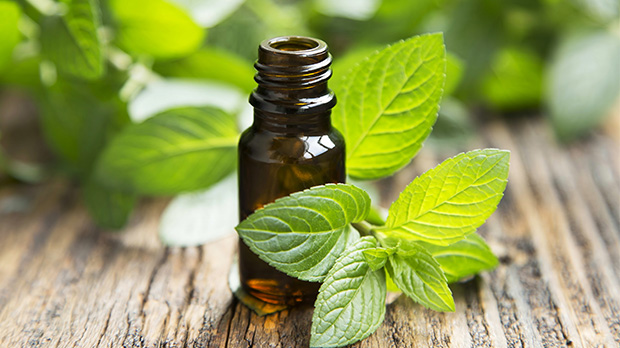
Harmful Medication Interactions
If you take a prescription drug, it's important to find out if an essential oil that you plan on using will interfere with it. If you don't know if it will have an impact, don't take the risk. If you are taking multiple medications, you may need to avoid all essential oils as it can "exponentially increase the chance of a drug interaction."
If you suffer from liver or renal disease, have a compromised immune system or are taking multiple medications, you will want to think twice and do lots of research first.
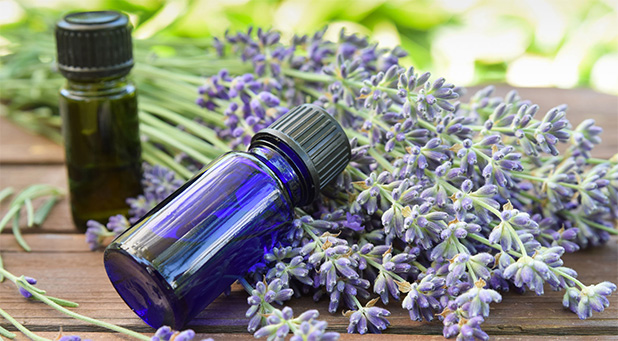
For External Use Only
There has been a lot of back and forth as to whether essential oils can be used internally, but unless you've been advised by a doctor, stick to external use only.
Some essential oil marketing reps have suggested to their clients to add drops of citrus oil to drinking water, which has actually caused them to burn their esophagus.
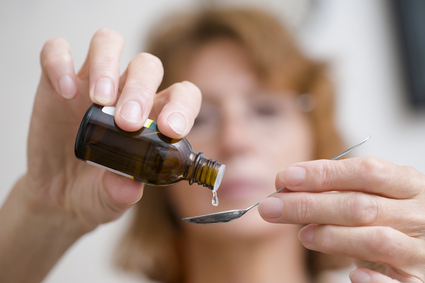
Skin Irritation
Always dilute your essential oil with a carrier oil like jojaba, coconut or almond oil. A rule of thumb is to add 3 to 5 drops of the essential oil per teaspoon of carrier oil.
Make sure you test each particular oil to ensure you don't have a reaction to it. Combine a drop of the essential oil with half a teaspoon of carrier oil and rub it on the inside of the upper portion of your arm. Wait a few hours to see if it causes a reaction.
Using Essential Oils on Babies or Children
Advice meant for an adult does not apply to children; this is especially true when it comes to essential oils. Children have much thinner, more delicate skin than adults do and tend to be very sensitive to their potency. Experts recommend never allowing a child to ingest an essential oil or apply it directly to the skin without diluting it first. In fact, it should be diluted twice as much as you would for an adult.
Generally oils such as orange, lemon, lavender, chamomile and frankincense are considered to be safe for use on children when diluted properly. It's still recommended you see a professional for a proper skin test first.
Oils that should never be used on children however, include wintergreen, eucalyptus, rosemary and peppermint. These oils contain compounds that can slow breathing or even stop it in those who have respiratory problems.
As with all medications, you should keep your oils out of reach of children as some such as wintergreen can be fatal if swallowed.
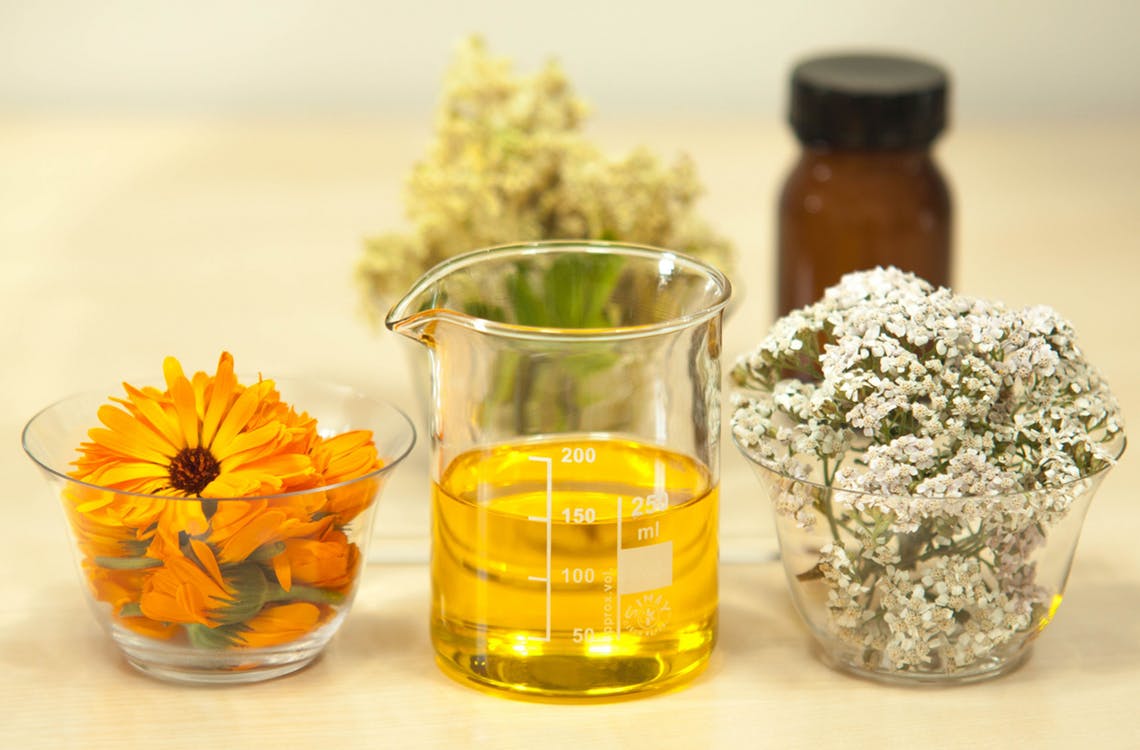
Not All Essential Oils Are Safe While Pregnant or Nursing
When you're pregnant it seems like there's a list a mile long of things you wouldn't eat or drink or do while growing your baby. The same extreme care that you take into consideration about how you treat your body should be taken when it comes to essential oils too.
When you're pregnant the oils can cross the placenta, and affect your baby in utero. The effects may even be compounded, so it's important to do your research on every type of oil before you use it.
While many essential oils are considered safe during pregnancy, it's important to check with a professional, especially in the first trimester when your baby is developing its essential organs. Some oils can have effects on hormones and can cause a dangerous imbalance during pregnancy, so the risks should not be taken lightly.
The National Association for Holistic Aromatherapy (NAHA), recommends that pregnant women avoid the following essential oils:
- Wintergreen essential oil
- Sage essential oil
- Mugwort essential oil
- Tarragon essential oil
- Birch essential oil
- Aniseed essential oil
- Camphor essential oil
- Hyssop essential oil
- Parsley essential oil (seed or leaf)
- Pennyroyal essential oil
- Tansy essential oil
- Thuja essential oil
- Wormwood essential oil
If you're nursing, you may want to avoid peppermint essential oils as it can severely impact your milk supply. If you are however, in the process of weaning, it can be helpful when used topically on the breasts.
Essential Oils and Pets
While we may enjoy the intoxicating aroma of herbs, flowers and spices that essential oils give off, our furry friends have a different take on it. Not only do they have super sensitive noses, but the oils can actually be toxic to them. There have been numerous occasions where essential oils have harmed pets and even killed them.
Tea tree oil is a common oil used to treat pets with issues such as scratches and bites, but many animals end up taking a trip to the vet after because they experience levels of toxicity including tremors, weakness, vomiting, depression and ataxia.
Bottom line, skip the essential oils on your pets.

What do you think about using essential oils? Share with us in the comments/
Source: Naturally Living Ideas / Today's Parent
